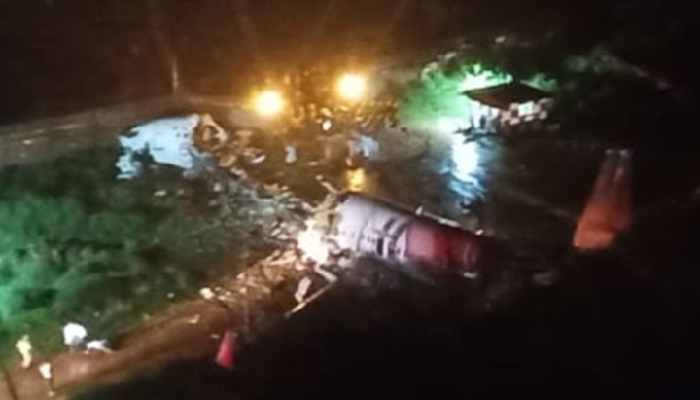New Delhi, Aug 3: Congress leader and Rajya Sabha MP Digvijaya Singh on Monday said that Prime Minister Narendra Modi should defer the foundation stone laying ceremony for Ram temple from August 5 as it will be an "inauspicious hour" for the event.
"I request Modi Ji again that the inauspicious occasion of August 5 (for foundation stone laying ceremony for Ram temple) should be deferred. The construction of Ram temple is to begin after hundreds of years of struggle and PM Modi should leave his stubbornness that may cause an obstruction in the process," Digvijaya tweeted (translated from Hindi).
The Congress leader went on to claim that several BJP leaders were falling sick due to COVID-19 as the result of ignoring the norms of Sanatan Dharma. "The results of ignoring the norms of Sanatan Dharma are - all priests of Ram temple tested positive for COVID-19, death of UP Minister Kamal Rani Varun due to corona, UP BJP chief tested COVID-19 positive, Home Minister Amit Shah tested positive for COVID-19, Madhya Pradesh CM Shivraj Singh Chouhan tested positive for COVID-19, Karnataka CM Yediyurappa tested positive for COVID-19," he added.
"Lord Ram is the epicentre of faith for crores of Hindus and the PM should not play with norms and traditions of Sanatan Dharma established across thousands of years," he added.
The Congress leader further questioned the urgency of holding the foundation stone laying event in times when COVID-19 spread is prevalent across the country.
"By laying the foundation stone for Ram temple at an inauspicious hour, how many people do you want to send to the hospital Modi Ji? Yogi Ji, please explain to Modi Ji. In your presence, why are the norms and traditions of Sanatan Dharma being broken? What is your compulsion that you are allowing this to happen?" he contended.
"One more question arises. A minister of the Uttar Pradesh government died due to coronavirus. Union Home Minister tested positive for COVID-19 and Uttar Pradesh BJP chief also tested positive. In these circumstances, whether Uttar Pradesh Chief Minister and India's Prime Minister should not be quarantined? Is being quarantined only mandated for common people? Not for Prime Minister and Chief Ministers? The time limit for quarantine is 14 days," he added.
He further said that the entire cabinet should go into quarantine otherwise they will infect the residents of Ayodhya.
"These people's religion is 'Hindutva' and not 'Sanatan Dharma'. hence they have nothing to do with Sanatan Dharma's traditions. They have broken all the norms. Now, Modi Ji will issue the muhurta and he will only lay the foundation stone," he tweeted.
The Prime Minister is scheduled to lay the foundation stone of the Ram temple in Ayodhya on August 5.
The construction of Ram temple will begin after the ceremony to lay the foundation stone in which Chief Ministers of several states, Ministers from the Union Cabinet and RSS chief Mohan Bhagwat are also likely to participate.







Comments
ts is a shameful act by bjp minister by not following the rules set down by our honourable PM. this shamless minister should resign or should be sacked immediately.
Add new comment